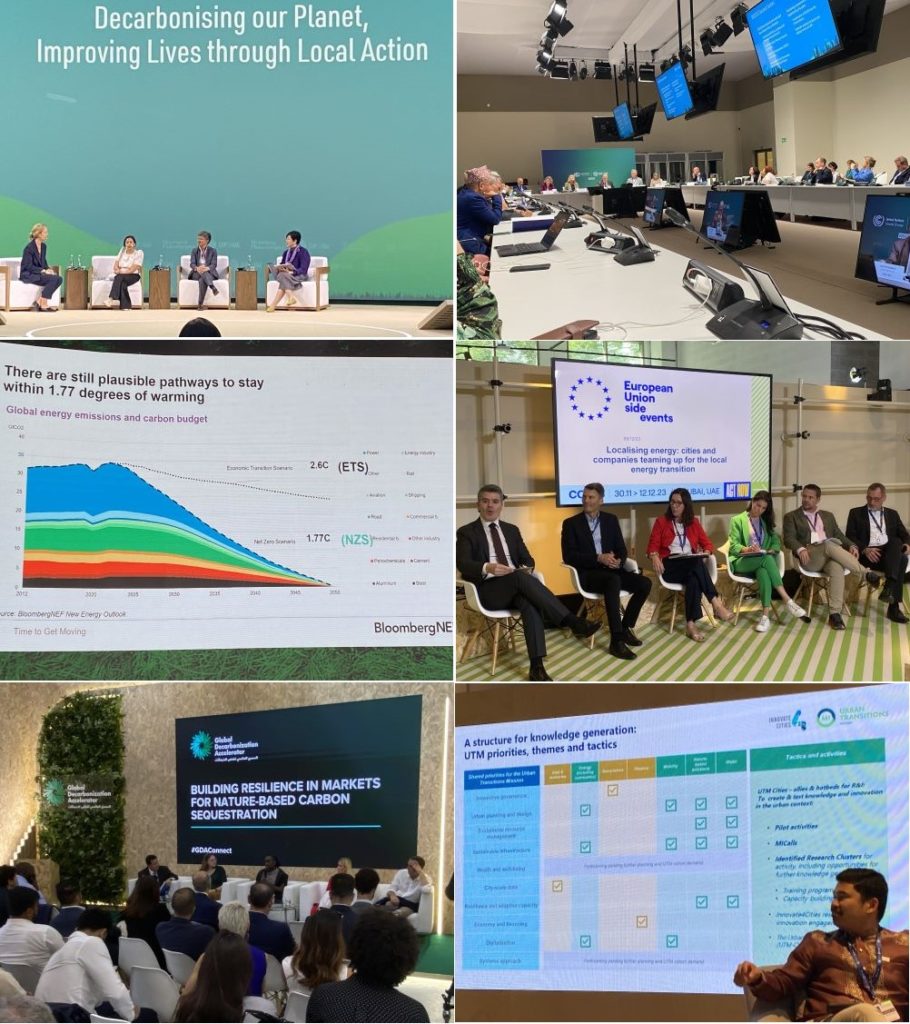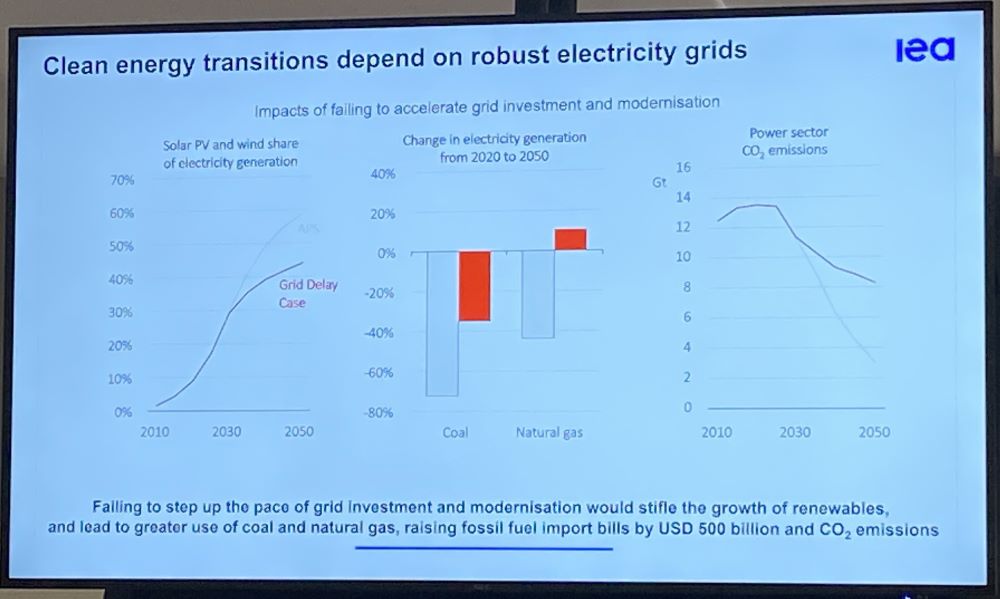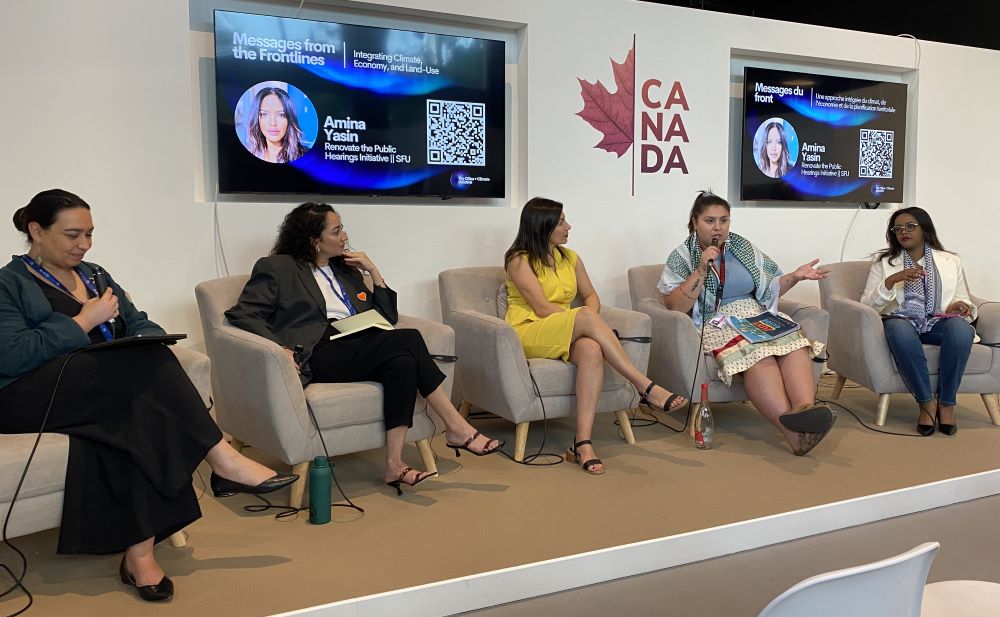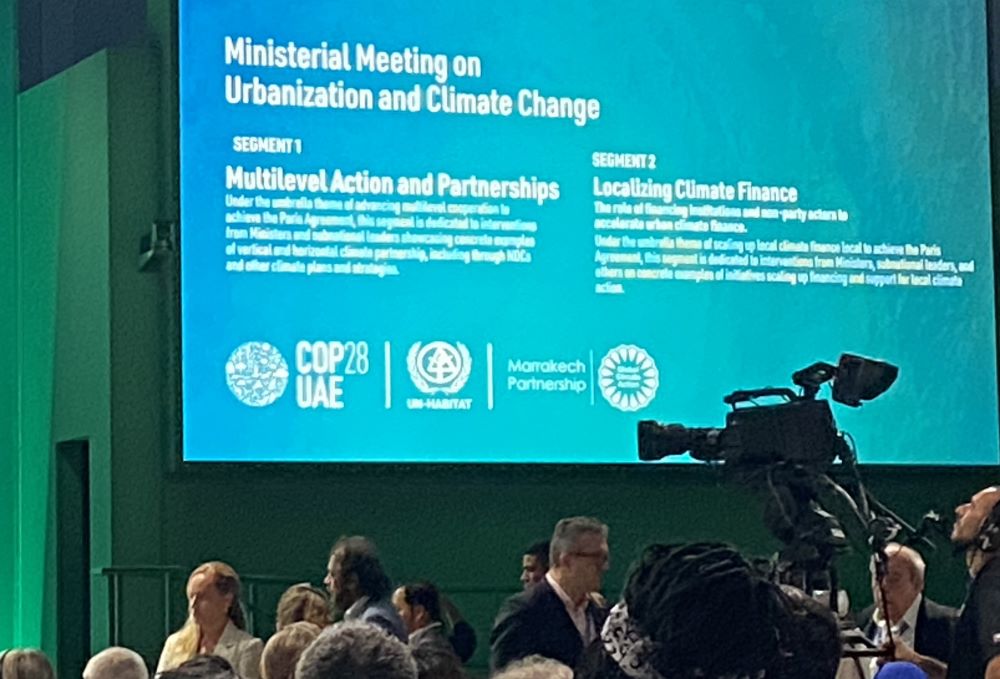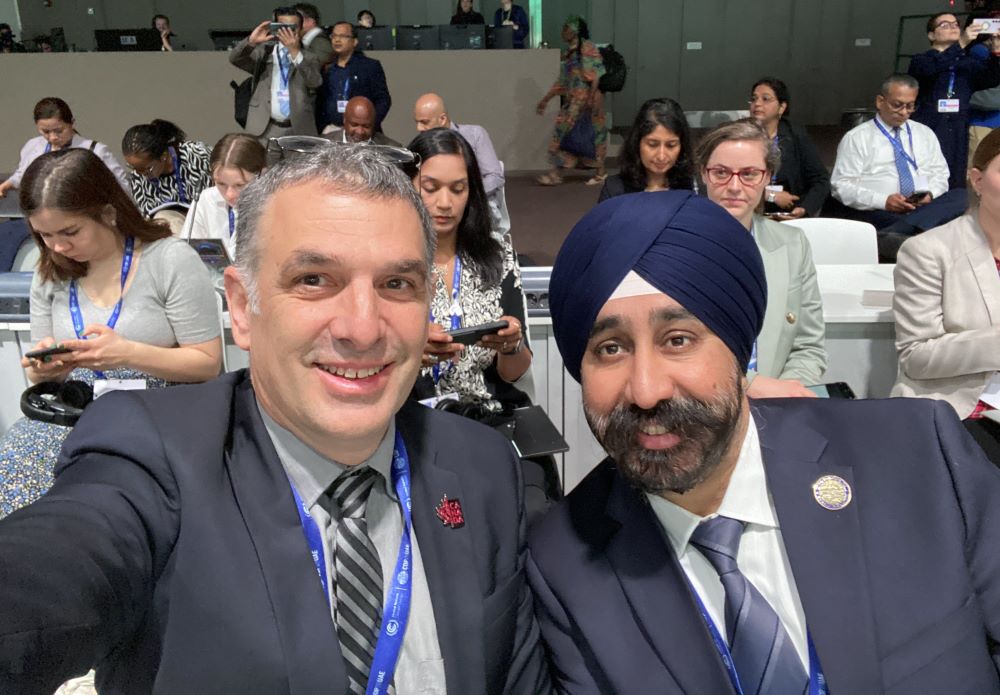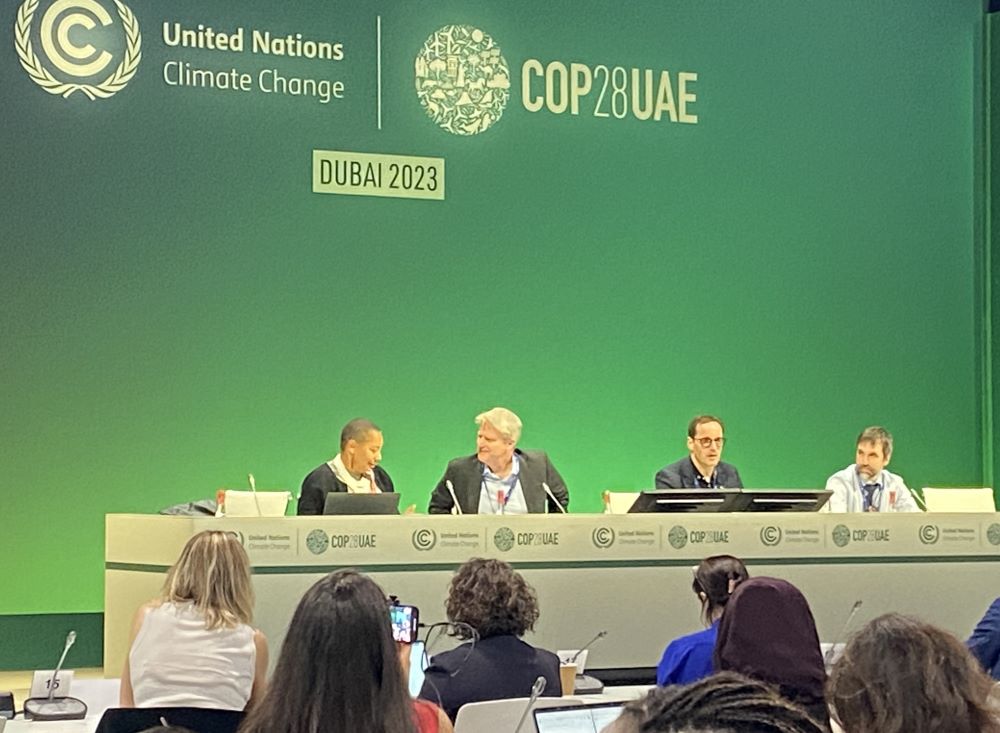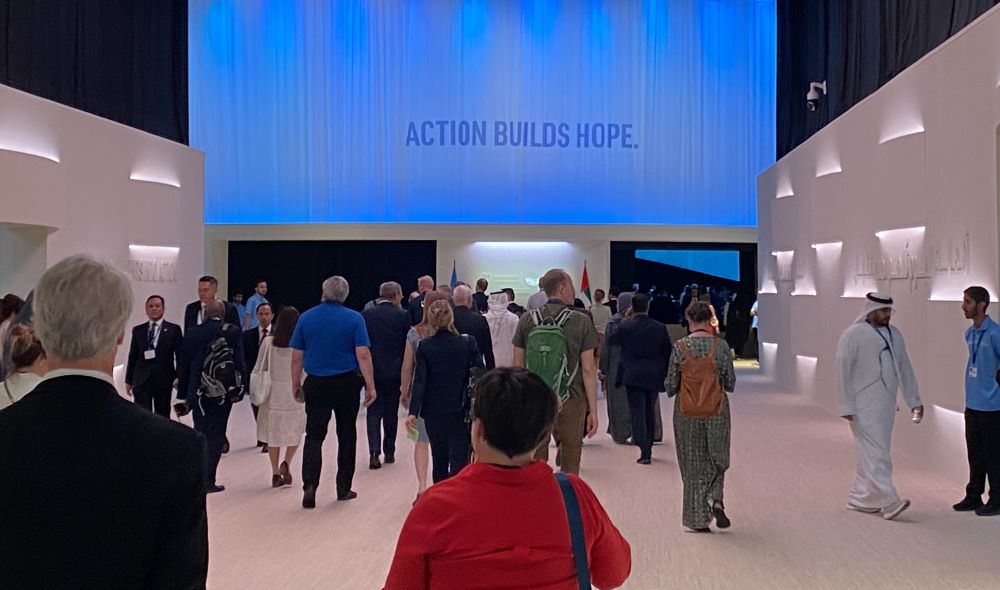We were back to a full agenda in our January 22nd meeting, so let’s get right into it with a few Information Reports that were pulled for discussion:
Member Selection for the Community Advisory Assembly
This is a report for information on the Community Advisory Assembly. We had more than 200 applicants, and staff used a member selection process to assure the Assembly as best as possible matched the demographics of the city. The statistics shown in this report demonstrate they did an incredible job.
One bit of update is that the assembly met for the first time two weeks ago, and informal get-together that was unfortunately a little choppy because of the snow event, but we had a great turnout nonetheless. The members were able to get together and meet one another for the first time. A couple of members of Council were there to meet the participants, answer questions, and thank them for their participation. It was a fun group of people from around the city, and it was a pleasure to meet a couple of dozen people I had never met before, but shared only an interest in making their community a better place. This is really exciting work.
Outcomes from Attending the United Nations Conference on Climate Change
This is a report out form Staff on their key take-aways of their participation at the Local Climate Action Summit and COP28. It was a unique opportunity for staff to learn from and share with their professional cohort around the world, and to connect with government and industry leaders in Climate Action on topics as far-ranging as updating the grid to youth engagement. I’m really happy the City was invited to take part, as it will make our City more prepared as we implement our aggressive climate plans.
Train Whistle Cessation – 2023 – Q4 Update
This is our regular quarterly update on Whistle cessation. This information is also available on the city’s website. There is a technical challenge on the Spruce Street crossing that we are taking to the CTA for a ruling, which is a hiccup, but a demonstration of how uncertain this work is.
We then moved the following items On Consent:
Child Care Facility Lease Agreement at 65 E. Sixth Ave
The new TACC includes a childcare facility – 12 infant/toddler and 25 pre-school child care spaces. This is thanks to a $3Million ChildCare BC grant, with the City contributing about $100,000 in construction and furniture and such, along with administering the lease agreement with a non-profit provider. The City went through an EOI then RFS process, and the YMCA of BC was the successful bidder. We charge a sustainable lease rate that is consistent with the non-profit childcare sector and allows us to recover operational costs for that portion of the building. This is the third City-owned and non-profit operate childcare in City buildings, along with the secured new childcare on Furness in Queensborough.
Construction Noise Bylaw Exemption: 651 Carnarvon Street
The Provincial Courthouse is doing some extensive envelope work. They are of the opinion that this work cannot occur while the Courthouse is in operation. We granted them a shorter-duration exemption to our noise bylaw to keep them accountable to the neighbourhood. We have not received a flood of complaints (in my recollection, Council has received a single complaint). It seems the construction company is demonstrating a level of concern about mitigating neighbourhood impacts. Council agreed to grant the extension.
Funding Submission to the Union of British Columbia Municipalities (UBCM) Regional Community to Community Program 2023/2024
We are working through our Year of Truth and reconciliation actions. A large part of this is engaging in a more proactive way with Host Nations and others with a relationship with the City, and UBCM provides a fund to help cover some of these costs, so we are asking for some money from that grant fund.
The following items were Removed from Consent for discussion:
Addictions Treatment and Supportive Recovery Residences: Proposed Conditions Related to Rezonings and Temporary Use Permits
This is a report from staff on our efforts to support treatment and recovery in the City of New Westminster. We have been proactive in the City in all aspects of the ongoing poisoned drug supply crisis, and we need to frame this conversation by recognizing that this crisis of overdose deaths is multi-faceted. Not all people dying of opioid overdose are addicts, and not all people living with addiction are at risk of overdose, so there needs to be a spectrum of services and supports. Treatment and recovery are a part of that spectrum, and for many people access to treatment and recovery is the best pathway to not just surviving this crisis, but to improving the quality of their life. Currently, access is not sufficient to meet the need.
New Westminster has many treatment and recovery programs operating, and they have traditionally been integrated into community, because that is how they are most effective. These are rarely embraced by the community when proposed, as they represent uncertainty to many people, but once operating the city rarely has concerns raised about the programs. The City traditionally regulates this landuse using Temporary Use Permits or a Rezoning. This report outlines work staff have been doing to identify potential policy or guidelines to guide future TUP or RZ decisions regarding residential treatment and recovery facilities.
E-Bike Share Implementation Plan
Bike Share may finally be coming to New West. Staff have taken a cautious approach here, and I am confident we have done our due diligence. Shared mobility is a part of our Master Transportation Plan, our eMobility Strategy, and TransLink’s 2050 Regional Transportation Strategy, but we also need to take an approach that recognizes the complexity and potential externalities of new mobility. We don’t want to repeat the mistakes of some other jurisdictions, but we do want to learn from their example. There is a great report here folks who geek out on transportation should read.
There are several models of shared e-mobility. For simplicity (because there is more complexity in all three of these than can fit in one paragraph), we can think of three main models: the Vancouver/Montreal model where the City itself runs the bikeshare program. This provides a lot of control over how it operates, but in every example we see in North America this comes at a significant subsidy cost to the City. The San Diego model is more of a free-for-all; let the market see what works. This looks cheap and easy, but created such chaos in San Diego with multiple scooter share programs and questionable practices that San Diego had to bring in a bunch of regulations after the fact that ended up pushing all of the providers out of the market, paradoxically going from way too many to absolutely none in only a couple of years. The third model is a request-for-service like the North Shore, Richmond, and Coquitlam are doing (and like San Diego is migrating to), where the City doesn’t provide the service, but asks a service provider to bid on the opportunity to provide the service. This gives the city some authority through the contract to manage the externalities, while allowing the market to guide how the service is operated. We are going with #3 here.
Financial Statements Audit Planning Report for Fiscal Year ended December 31, 2023
Our financial statements are prepared to follow Provincial Law and the Public Service Accounting Board standards, and we have auditors who review them every year. This is always an interesting report because it outlines some of the new requirements under PSAB standards (there never seems to be a reduction in standards but only new standards applied). We need to appoint those auditors, this report does so. The cost of appointing auditors has gone up about 50%, but that appears to be consistent with the market. So much for 7% inflation!
Food Security Update and Funding Request
Since the GVFB announced they were ending distribution from their current location in the Brow of the Hill for logistical reasons, I have been working with staff to engage with food security providers in the City (GVFB, Don’t Go Hungry, St. Barnabas Shiloh Fifth Avenue, and Hope Omid) to determine what the GVFB move means to service in the community, and how the province can help to assure that people in need for food bank services can continue to get the help their families need.
We may have found a solution for GVFB in an underused City facility, but it is not clear that it will work for everyone, as the building is clearly end-of-life, slated for demolition for some time, and we need some clarity about the cost/benefit of re-investing in upgrades for building in this condition, especially as this may be a very short-term investment without a long-term value to the City. In the scope of out $200+ million capital budget, it is a small line item, but Council wants to be clear what the ask is before we make this investment.
The rest of this report (including one-time support to a couple of food hamper providers) speaks a bit our grant structure, the need for a reserve fund for grants to give us ability to react to this type of situation from a reliable and transparent funding source.
Report back to Council on September 11, 2023 motion regarding Samson V oil spill
This is a report back on the clean-up of the oil spill from the Samson V, and work done to prevent a re-occurrence. The good news is that the spill was remedied within a couple of days, and 100% of the spilled oil and impacted sediments were removed and properly disposed of to the satisfaction of the Regulatory Agency (the Coast Guard). The remediation cost for the spill in the river was about $35,000, and the required end-of-spill report was issued indicating that no detrimental impact on human health, aquatic ecosystems, flora or fauna was identified as resulting from the spill.
This also launched us to do some work that no-one in the city knew had to be done, because staff did not know there was oil in the Samson V. For whatever reason, the City assumed the fuel had been removed when it took possession of the boat from a local not-for-profit a couple of decades ago. So staff did now what staff should have done back then, and had the oil removed from the boat and installed a bilge hydrocarbon filter system, which all total cost us about $180,000.
We then closed with Motions from Council:
Request for a full accounting and report back to Council regarding trip to Dubai, United Arab Emirates by Mayor Johnstone
Submitted by Councillor Fontaine
BE IT RESOLVED THAT the Mayor provide a report to Council regarding the details pertaining to his recent business trip to Dubai, UAE; and
BE IT FURTHER RESOLVED THAT the report include the following information:
• Detailed breakdown of the financial costs pertaining to the trip including items such as meals, flights, hotel accommodation, ground transportation etc.
• Detailed summary of what the 3rd party funder offered the Mayor’s Office by way of free trips to Dubai for either himself, City staff or any members of his family
• A day-by-day itinerary of all meetings and events attended by the Mayor while in Dubai
• Estimated carbon footprint of attending the Dubai conference in-person rather than virtually
• Summary of the direct benefits to the City of New Westminster of the Mayor’s office delegation to Dubai
BE IT FURTHER RESOLVED THAT the City’s new Ethics Commissioner be requested to conduct a workshop with Council regarding the Community Charter Act with a particular emphasis on section 105 pertaining to the restrictions imposed on municipal officials by the Province of BC regarding the acceptance of gifts.
Section 100(2)b of the Community Charter requires that members of Council self-declare if they have a potential conflict of interest in a discussion at Council, and recuse themselves if it is so. I sought advice from the City’s legal staff and they advised me that there was no pecuniary conflict of interest, but the motion was worded in a way that challenged my actions, and as such, I could potentially be challenged with Conflict – how can I fairly moderate a debate on my own actions? So it was recommended to me that I recuse myself from the discussion in order to assure compliance with the Charter.
You are best to watch the video if you want to see how the discussion went down, but the short result is that Council did not support the first two clauses of this motion, but did support asking the new Ethics Commissioner to provide a workshop to Council on Conflict of Interest and Section 105.
And that was the end of the program. Once again, if you want a shorter news update with a different style of take, sign up for my newsletter here, coming out (almost) every Wednesday.
